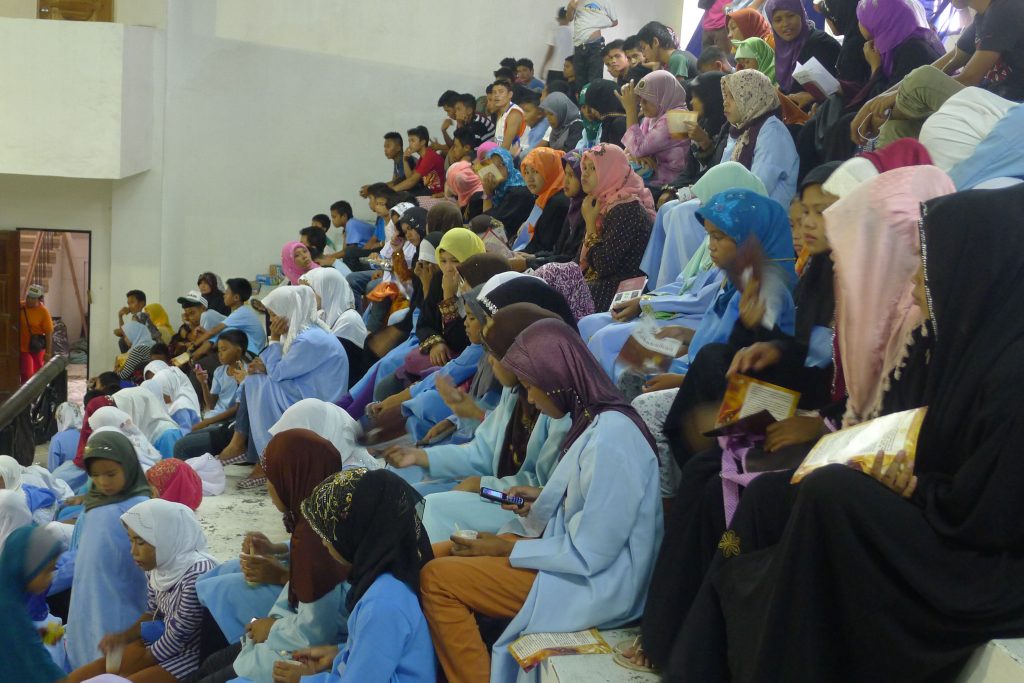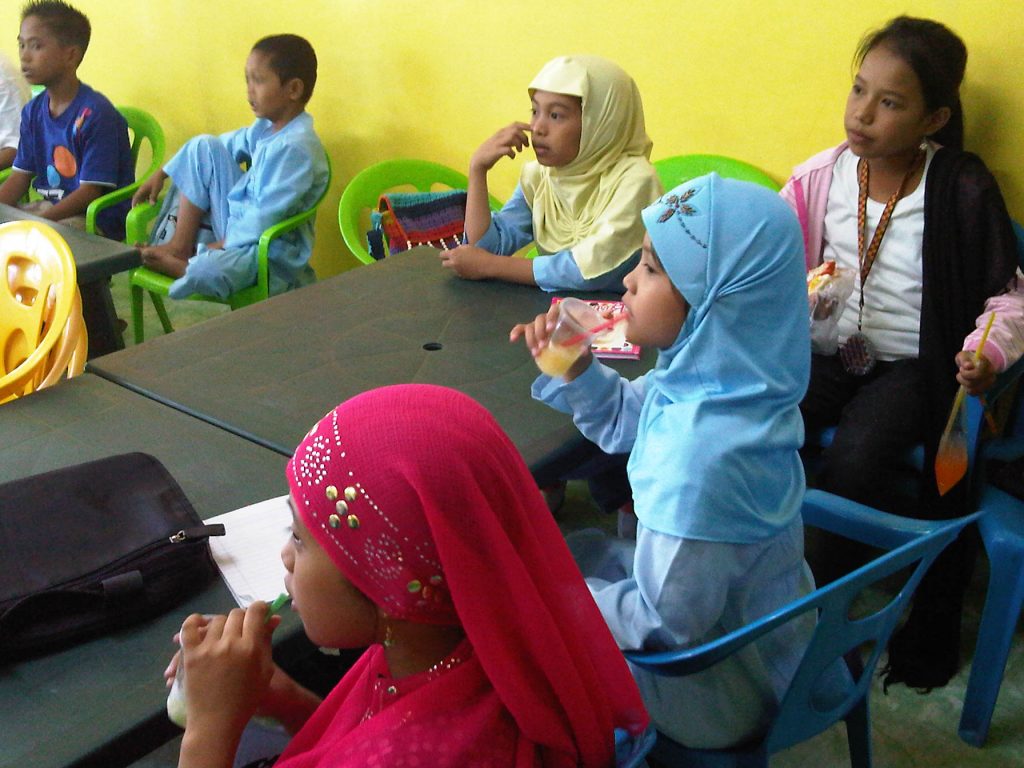
A growing number of people are condemning the remarks of the Philippines’ top military official linking the country’s Islamic schools to radicalism and violent extremism.
Muslim leaders said “terrorist-tagging” is “a dangerous and careless statement,” which they said could lead to a “breakdown of peace” in Mindanao.
Last week, Armed Forces of the Philippines Chief General Gilbert Gapay said the military is looking into the possible involvement of Islamic schools in the radicalization and recruitment of suicide bombers.
“You know, the [Madaris] and other schools in Sulu, we are monitoring them really, where we suspected there is some sort of radicalization activities going on,” said Gapay during an online forum organized by the Foreign Correspondents Association of the Philippines.
Gapay said the military is “coordinating with” the Department of Education, “looking into different schools… because it is one of the institutions or areas where recruitment is occurring, particularly (among) the youth.”
The military chief also claimed that terrorists “who surrendered and (were) captured, quite a number of them, have been recruited and radicalized through social media.”
On August 24, 17 people were killed and 74 others were injured in what was supposed to be a suicide bombing in Jolo, Sulu.
Marcina Morados, dean of the Institute of Islamic Studies at the University of the Philippines, said the country’s security sector “misunderstood the role” of Islamic schools or Madaris in shaping Muslim scholars.
Morados said Gapay’s remarks are dangerous and could put the lives of many Muslim students and teachers at risk.
The academic said the Madrasa is “an institution not meant to teach destructive and extremist ideologies” but aims “to produce knowledgeable and practicing Muslims and eventually contribute to the development of the Ummah and nation-building.”
Ummah means the Muslim community bound together by ties of religion.
Morados said the Madrasa is the “oldest educational institution that produced many Muslim scholars whose works and inventions contributed to the so-called ‘Islamic civilization.’”
She reminded the military chief that the Father of Algebra, Ibn Khuarezmi in the 9th century, was a product of the Madrasa.
She challenged the military chief to check for himself the content and curriculum of Islamic schools.
“Instead of saying the Madrasa produces bombers and extremists, why don’t we maximize help from our government to review our Madrasa curriculum?” said Morados.

Meanwhile, a legislator last week cautioned the Armed Forces of the Philippines not to make dangerous statements without hard proof to back their claims.
Representative Mujiv Hataman of Basilan said state forces “should not be making general statements linking Madrasas to terrorists without presenting irrefutable proof of its existence.”
The lawmaker called Gapay’s statement “dangerous and unfair,” adding that “it serves no real purpose but to unjustly put our schools in a very compromising situation.”
Hataman, former governor of the Autonomous Region in Muslim Mindanao, said while he also shares the “deep concern” of the military on the existence of Filipino suicide bombers, “I would not go as far as to associate these terrorists to our Madrasas.”
“Our schools are institutions of peace and learning, and are not breeding grounds for violent extremists and terrorists,” he said.
Hataman said he was also a product of a Madrasa for five years.
“I have never heard, not even once, any teaching about terrorism. In fact, we were taught not to do anything bad and not to hurt other people,” he said.
Deputy Mufti Sheikh Abdulwakil Tanjilil, founder of the Salamat Islamic Institute in Zamboanga City, said the military general did not only terror-tag the Madrasa but “labeled and equated Islam to violent extremism and terrorism.”
The religious leader lambasted Gapay for using the word “Islamic” when he talked about suicide bombings and terrorism in the country.
“Islam is a religion of peace. It calls upon us to live with one another. It also tells us to live in love and harmony,” he said.
Tanjilil told LiCAS.news that Gapay’s recent statement “puts the entire armed forces in a bad light in the eyes of the Muslim community.”
He reminded the military chief that the Madrasa is already existing in the Philippines even before the Spaniards came.
Amirah Lidasan of the Moro-Christian Peoples Alliance said terror-tagging has been happening since the Moro community in the southern Philippines started to assert their right to self-determination.
“This renewed tactics of the Philippine military is not new. In fact, they have been doing this since the 1970s during the height of the separatist movement in Mindanao,” she said.
Lidasan stressed that apart from the danger that Gapay’s remarks posed to the Madrasa and the Muslim students, “it is also trying to disintegrate the inter-religious groups’ initiatives for healing and dialogue.”
“Instead of promoting the culture of dialogue, this kind of statement destroys the efforts of various sectors to reach out to all stakeholders and call for lasting peace,” she said.
Source: Licas Philippines
0 Comments